Having soft water for your home protects the plumbing in your home, it makes your hair and skin feel smoother and more hydrated, and protects the water fixtures in your home, but is softening your water enough to make it safe to drink?
Filtering softened water with a reverse osmosis drinking water system, an ultraviolet water purifier, or by distillation will greatly reduce sodium, chemicals, pesticides, metals, organic material, and other impurities from your water to make it safer for drinking.
There is no single way to treat your softened water to ensure that it will be perfectly safe for drinking, but there are several ways to reduce unwanted impurities from your water that are both economical and effective.
Why softened water may not be safe to drink?
High sodium content:
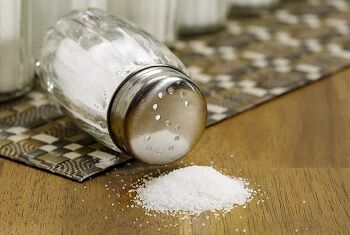
High sodium is not normally caused by a water softener, but since a water softener uses sodium ions to regenerate its water softener resin, some extra sodium is often leftover after the regeneration process is finished.
For people that are on a strict low sodium diet, the amount of sodium in softened water after regeneration may be a concern.
Sodium reduction is the most popular reason that a reverse osmosis system is used because a reverse osmosis system can reduce dissolved solids in water that has been softened by about 98%.
Organic material (bacteria or other living impurities):
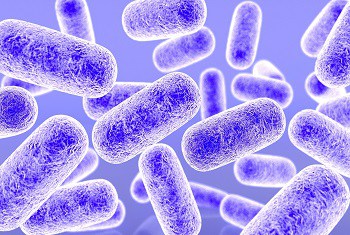
A standard water softener does not remove or even reduce any organic matter that may be in your water. Organic material that enters a standard water softener along with hard water will remain in the softened water that comes out of the water softener.
Some bacterias and other organic materials that can be found in your softened water can make you sick and cause a variety of health issues so naturally, removing organic material from your softened water is very important.
Although, adding disinfecting chemicals to softened water or boiling and distilling softened water is an effective way to remove organic materials, using an ultraviolet water purifier is still the most effective and economical way to remove organic material in most homes.
Chlorine:
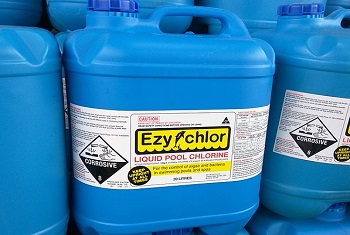
Chlorine is commonly used in water that is provided by a municipal source of water to disinfect the water and make it safe to drink. Unfortunately, most municipal water suppliers do not remove chlorine from the water before it gets to your home.
Not only can chlorine ruin the water softener resin in your water softener, but consuming chlorine can also make you sick.
Although, water softener resin can absorb some chlorine as it passes through your water softener the water that comes out of your water softener may still contain some chlorine.
Most reverse osmosis drinking water systems will have an activated carbon pre-filter which will reduce the chlorine as well as many other impurities from your water.
Pesticides:
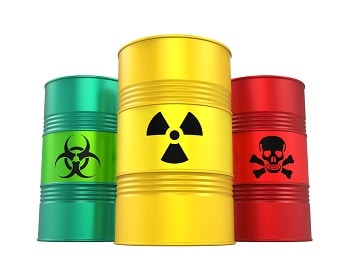
Pesticides can get into your water from miles away. Water that has been softened may still have pesticides in it, but fortunately, most reverse osmosis drinking water systems will remove pesticides and other dangerous impurities that are used for farming.
What needs to be done to softened water to make it safe?
For water that has been softened but still may contain organic material like bacteria, the water needs to be sanitized through chemical treatment like the addition of chlorine to disinfect the water and eliminate the harmful effects of the bacteria.
By installing an ultraviolet water purifier after your water softener, you will be destroying any organic material including bacteria that may be in your softened water.
As the softened water passes through the ultraviolet purifier, the ultraviolet light in the system neutralizes the organic material in the water, leaving the water free of potentially harmful organic material.
Dissolved solids like sodium that are in your softened water need to be removed through a very fine mesh filter called a membrane. A reverse osmosis system uses a membrane to reject unwanted dissolved solids down the drain while allowing the pure water to pass through the membrane and out of the system.
Will a filter pitcher make my softened water safer?
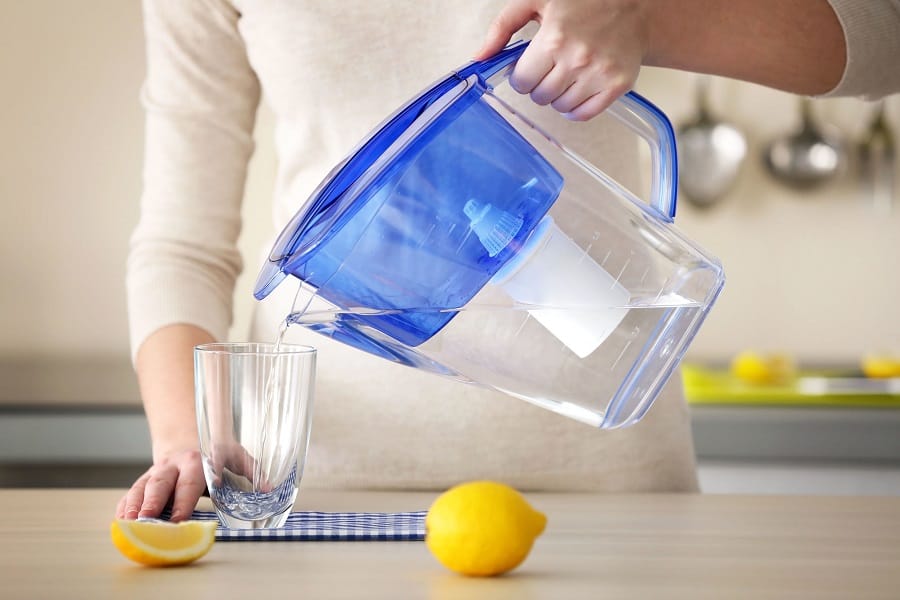
Water filtering pitchers are fine for what they are designed for but they are limited in what they will remove from your water so it depends on what you need to be removed from your water to make it safer to know if a water filtering pitcher will help you.
If you have municipal water for your home and are concerned about chlorine in your water, then you may want to consider a Brita water pitcher because it contains activated carbon in its filters which will reduce the chlorine in your water.
A Brita filter may need to be changed often if the level of chlorine in your water is high, but the life of a Brita filter can be several months.
A Zerowater filtering pitcher uses a filtering media that will remove dissolved solids like sodium in your water but Zerowater filters have a limited lifespan and in cases where there is a high number of dissolved solids in your water, the filter may not provide very much filtered water.
Why is softened water less healthy to drink than hard water?
For the most part, the fact that water has been softened does not make it less healthy than water that has not been softened.
But because a water softener uses the process of ion exchange to soften your water, it needs sodium ions which can leave the softened water with a high amount of sodium in it.
Check out this quick video on how a water softener uses sodium ions to remove hardness from your water.
As long as your water softener is working correctly, the amount of sodium remaining after your water softener has regenerated should be minimal but if extra sodium is something that you are trying to avoid, the softened water that comes from your water softener may be unhealthy for you.
What is the best way to make softened water safe to drink?
This all depends on what is in your water, to begin with, but in most cases, a simple reverse osmosis drinking water system will reduce or remove most common impurities that people want to have removed from their drinking water to make it safer to drink.
A water distiller is also a great way to remove nearly all dissolved solids from your water if your main concern is removing dissolved solids like sodium.
As I stated earlier, just because water has been softened does not mean that the water is not safe to drink. There are many things that can be in your water that can make it unsafe to drink, you would have to get your water tested by a laboratory to determine what is in your water that could make it unsafe and decide the best form of treatment for your individual needs.


